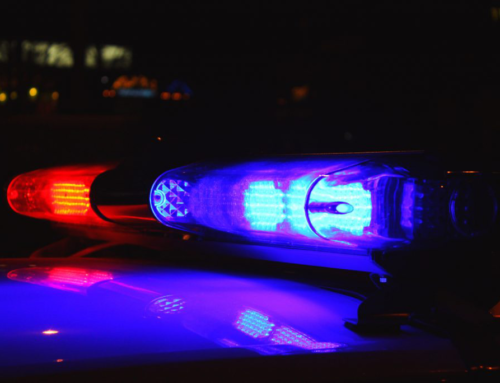
So, the worst happened. You see those ominous sirens in your window and that sinking feeling comes over you. The next thing you know, you’re in handcuffs and a police officer is tucking your head into the back of his car. But, you’re confused. Didn’t you answer the police officer’s questions? Weren’t you polite and compliant? Didn’t you pass the field sobriety test with flying colors? Unfortunately, this is not uncommon.
Most often, police officers will stop drunk drivers for their erratic driving. That said, your erratic driving is what is known as probable cause and is already grounds to arrest you for a DWI. Everything else, including any information you tell the police officer and how well (or not so well) you perform the field sobriety tests, is evidence a police officer will use to incriminate you.
Different Types of Field Sobriety Tests
There are three different types of field sobriety tests a police officer may ask you to perform, including:
- HGN, more commonly known as the pen test—This is where a police officer will move either a pen or a flashlight back and forth in front of your eyes.
- One leg stand—This test requires you to raise a foot six inches off the ground for 30 seconds
- Walk and turn—This test requires you to walk 9 steps down an imaginary, straight line, then turn and walk those same steps back
Field Sobriety Tests are Designed for Failure
When a police officer asks you to step out of your car, you do legally have to comply. What you don’t have to do (and absolutely should not do) is answer any of the officer’s questions or perform a field sobriety tests.
These questions and these tests are designed for you to fail, even if you’re below the legal limit of alcohol consumption (or even stone sober). Frankly, any relatively clumsy person could accidentally fail these tests. Moreover, you don’t know what the officer is arbitrarily looking for until you do it.
Ultimately, if you’ve been pulled over because you are suspected of drunk driving, you face three options:
- You perform the field sobriety test, fail and are arrested
- You refuse the field sobriety test and are arrested for refusing it
- The officer lets you go
Let us go ahead and point out the third options will probably never happen. So, at this point, you want to minimize the amount of evidence that is used against prosecution in court. This means remaining polite, declining to answer questions, refusing all tests and requesting a lawyer to begin building your criminal defense.
The Goolsby Law Firm is a Dallas criminal defense law firm in that protects the rights of those who are facing state and federal criminal charges. Mike Goolsby is a former prosecutor who knows the ins and outs of Texas criminal law. You will want him on your side.








